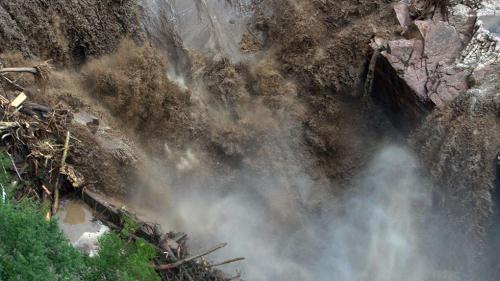Enabling Difficult Confrontations for Intergeneration Solidarity and Survival
 Presentation at the “Critical Pedagogies in the Neoliberal University: Expanding the Feminist Theme in the 21st century Art [and Design] School” session, #AAH2019 –Brighton, April 2019
Presentation at the “Critical Pedagogies in the Neoliberal University: Expanding the Feminist Theme in the 21st century Art [and Design] School” session, #AAH2019 –Brighton, April 2019
I will use this paper to reflect on tensions between generations of feminists with a focus on strategies of denial and their toll on the goals of feminist movements. Feminists movements have historically worked (with varying degrees of success) to end the normalisation of denial of social injustices and symbolic, structural and/or actual violence. Feminist pedagogy must intensify challenges to various manifestations of denial responsible for reproducing patriarchy, oppressive social relations and ecocide.
This paper will address denial in the face of divisive issues such as the ‘me too’ movement; the precarity faced by younger generations; and the intersections of patriarchy and ecological crises. It is based on my personal experience as a daughter of a feminist academic in Canada, as a student at art school and my current role as lecturer in design education oriented towards social and environmental justice. Solidarity and even survival depends on our ability to make confrontations with disturbing information a catalyst for change. The lessons learned from feminist struggles inform the work of confronting oppressions, including those on issues of environment justice.
https://www.slideshare.net/ecolabs/slideshelf
My experiences have led me to the conclusion that many, if not most, oppressive behaviours and attitudes are rooted in various types of denial and unconscious bias. Both are deep seated forces that prevent many of us (and especially those with more privilege) from seeing things that disturb our self-image. Feminist strategies such as transformative learning help us negotiate these difficult confrontations. These are needed now more than ever in higher education and beyond. Unfortunately, neoliberal modes of governance all but destroy opportunities for transformative learning.













